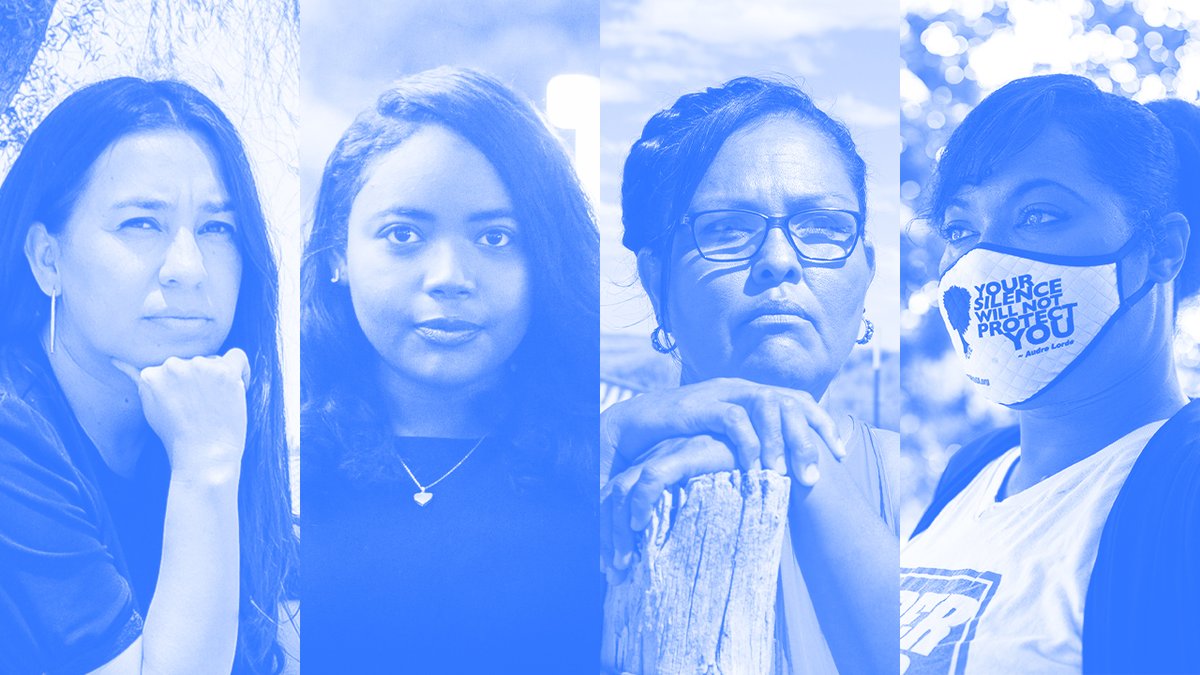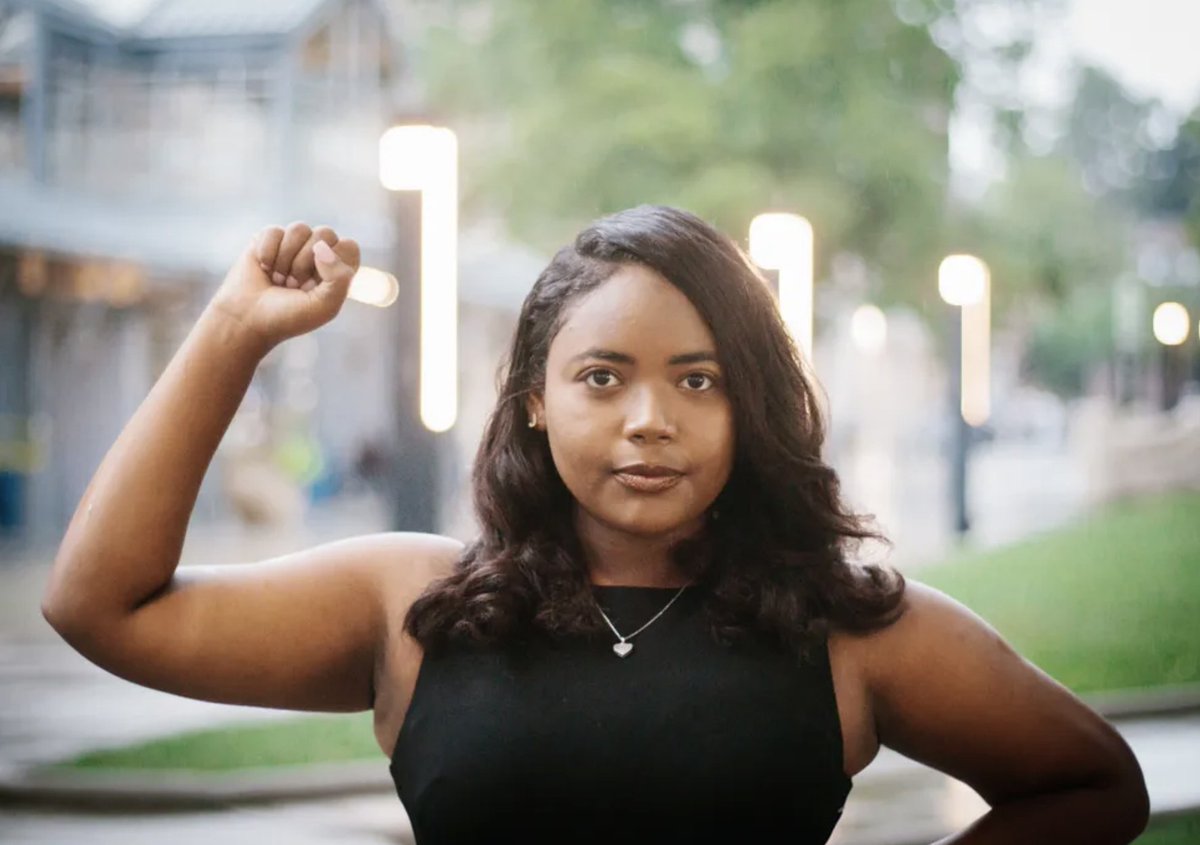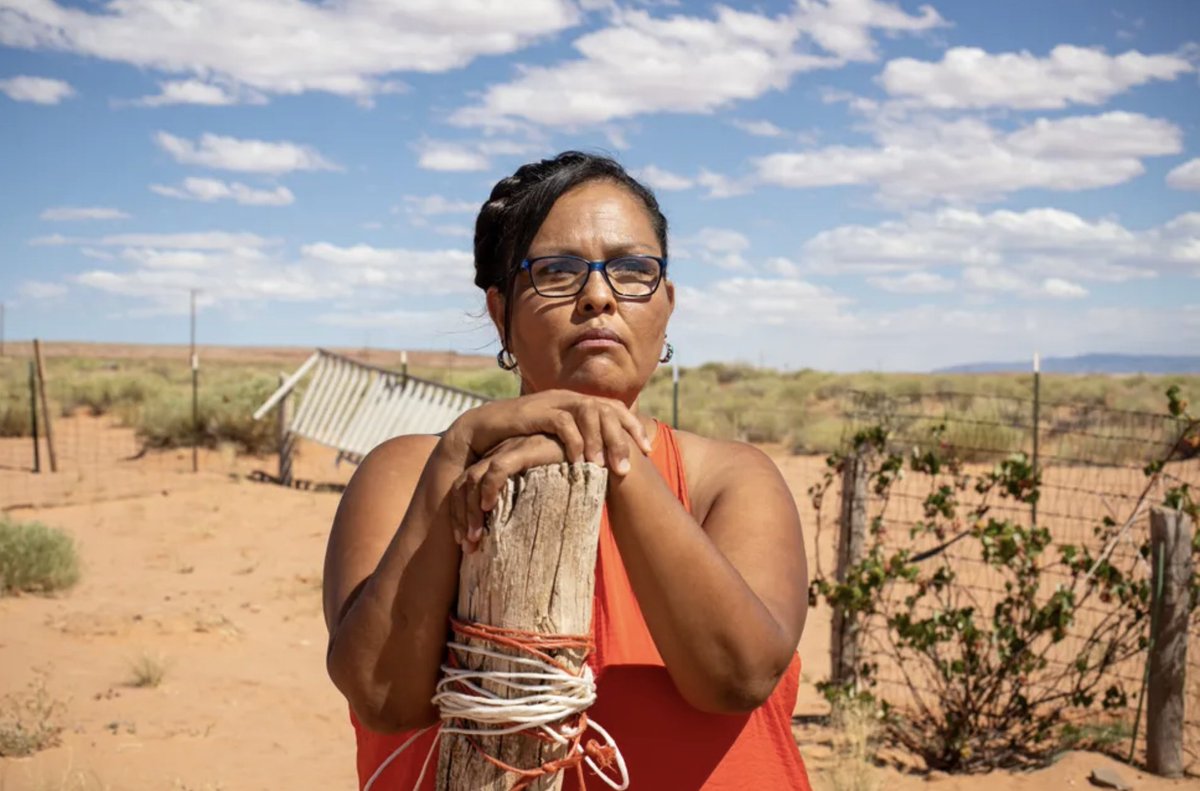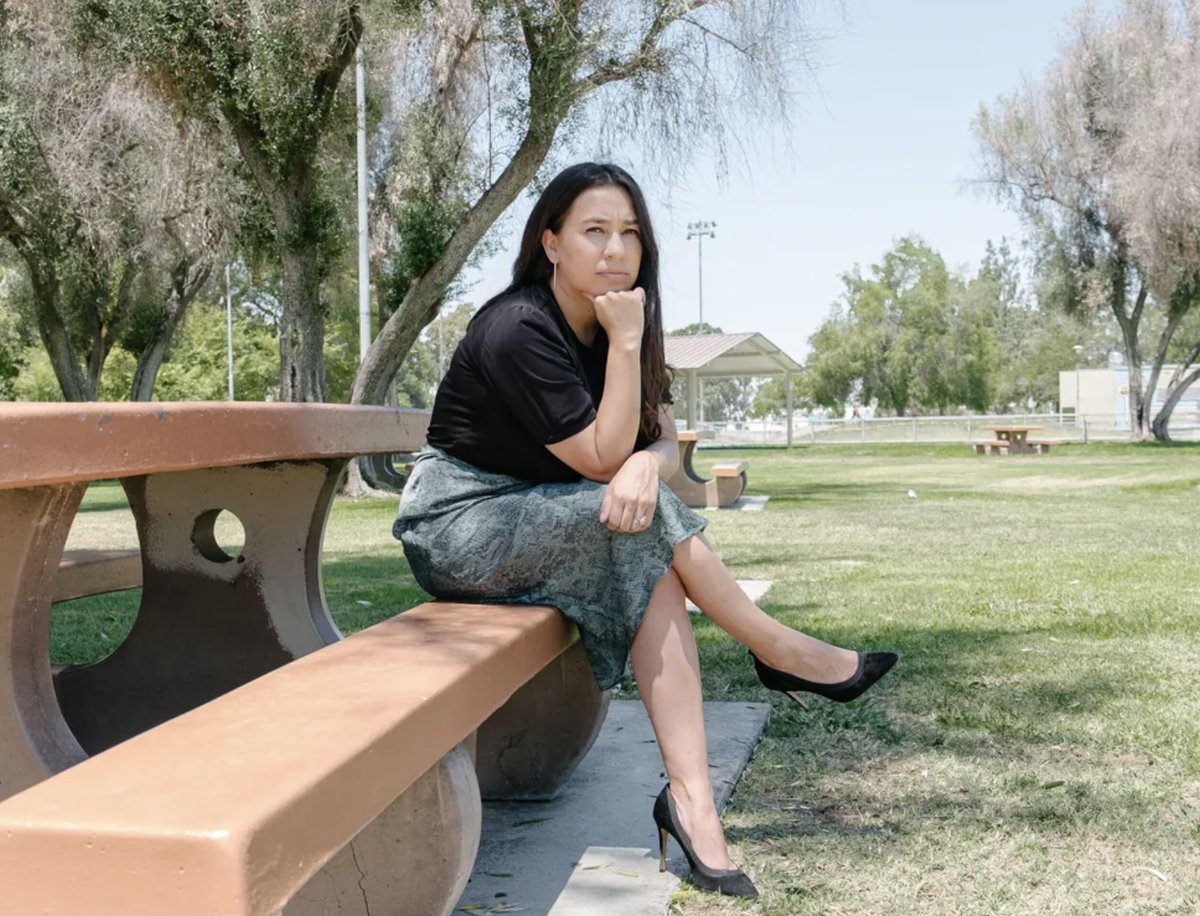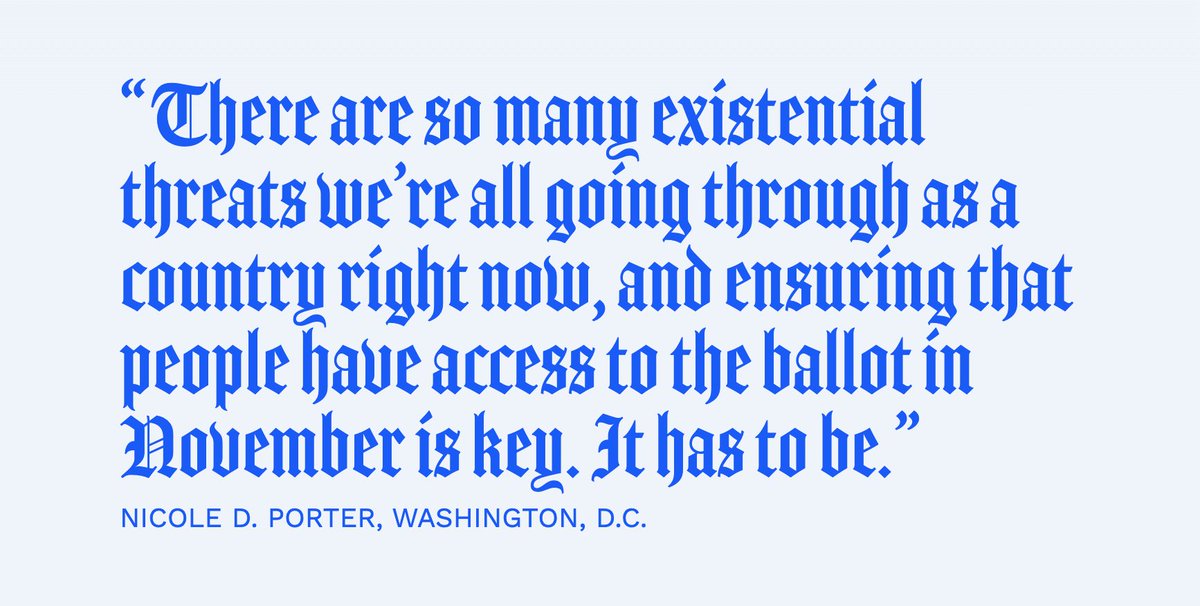Today marks the 100th anniversary of the ratification of the 19th Amendment – but we're still grappling with its fractured, incomplete outcomes. http://huffp.st/wlZdah1
The 19th Amendment wasn't a promise of enfranchisement for all women, but a guarantee that states couldn't bar people from voting due to their sex. This left ample room for states to suppress and disenfranchise on the basis of wealth and race, and they did through Jim Crow laws.
Many women still struggle to cast their ballots, especially in Black and brown communities. HuffPost spoke with nine women across the country who are working to expand the electorate.
For Jaida A. Hampton, Breonna Taylor's murder was an unfortunate reminder that Black women aren't protected in the U.S. It mobilized her to fight for justice, including at the ballot box. “Our political participation is known for being powerful and a necessary survival strategy."
From language barriers to address requirements, many Native Americans face hurdles to voting. Tara Benally, who is of Hopi and Navajo descent, focuses on voter registration in Native communities and provides education on the election process to make a "change for the people."
Diana Colín, who voted for the first time in 2018 after gaining citizenship, wants Latina and immigrant women to see the importance of voting so that they can finally have a say in the places they work, pay taxes, send kids to school and participate as members of the community.
Transgender women and gender-nonconforming people are often turned away at polls because their IDs don't match how they present. Though they're supposed to be given a provisional ballot and the chance to prove their identity, experts say poll workers don’t always follow the law.
Chanel Haley began to work in civic engagement after she transitioned at the age of 18. Now 40, she says “it’s so important that the trans community speak up and come out of the shadows when it’s safe for them to do so, and be able to vote on issues that affect them directly.”
Nicole D. Porter has spent two decades committed to reforming the criminal justice system. Because people of color are unjustly targeted by the police, they're also hit the hardest when it comes to felony disenfranchisement. About 20% of those disenfranchised people are women.
Read more about how these and other women are fighting to protect the right to vote a century after the 19th Amendment was ratified. http://huffp.st/wlZdah1

 Read on Twitter
Read on Twitter
